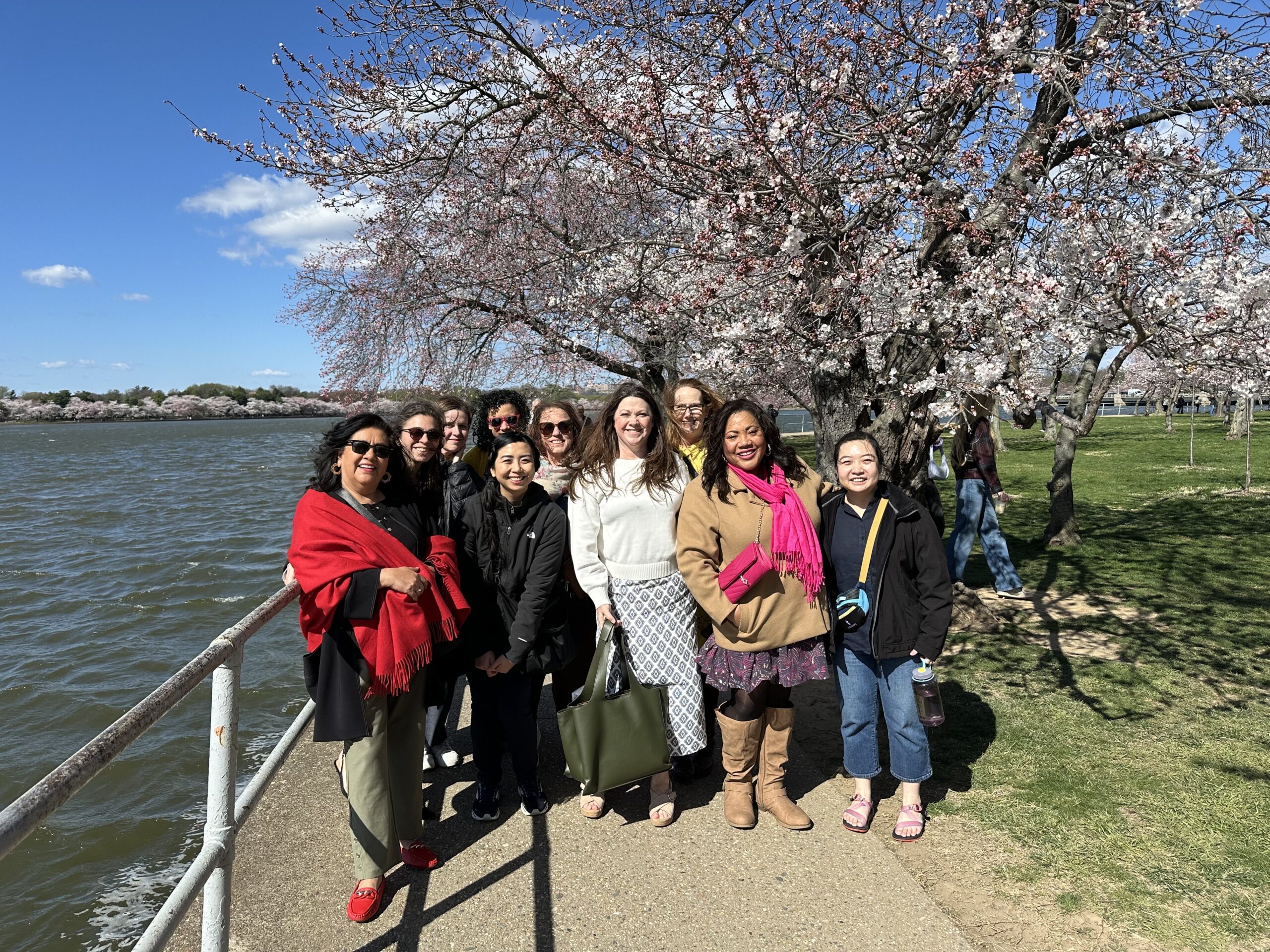Reflections From the ECE Implementation Working Group Spring Convening
Last week, early childhood education leaders from across the country gathered in Washington, D.C., for the Spring 2025…

Last week, early childhood education leaders from across the country gathered in Washington, D.C., for the Spring 2025 convening of the Early Childhood Education (ECE) Implementation Working Group hosted at the New America Foundation. The event brought together representatives from all over the United States, ranging from municipalities and government agencies to nonprofits and advocacy groups. The gathering aimed to discuss key issues in early childhood education, from facilities funding to shaping a transformative federal policy agenda. Attending on behalf of the Denver Preschool Program were Эльза Ольгин, President and CEO, and Ирен Бонэм, Vice President of Communications.
Throughout the convening, participants explored ways to build stronger coalitions, shape public narratives, and ensure the long-term sustainability of early childhood programs and funding models. A major theme that emerged was the importance of unity in the field. Rather than allowing internal divisions to slow progress, advocates must work together to advance early education as a public good. Holguín, a steering committee member for the working group, underscored the power of collaboration.
“This convening reinforced that while the challenges in early childhood education are great, so is our collective capacity to solve them,” she said. “By sharing knowledge, strategies, and support, we can build a stronger, more equitable early learning system for all families.”
Collaboration also stood out as a key strategy for change. From engaging business and labor leaders in advocacy to demonstrating the impact of early learning programs to policymakers, building strong relationships at all levels is essential. Additionally, attendees discussed shifting the narrative away from competition for limited resources, emphasizing instead that early childhood education is a fundamental right and economic necessity.
Bonham emphasized the critical role of messaging and communications in coalition building.
“Effective messaging, tailored to specific audiences, is another critical factor in influencing policy,” Bonham said. “To truly advance early childhood education at the national level, we must align our messaging and build coalitions with a shared vision. When we speak with one voice, we can drive lasting policy change that benefits children and families.”
Local leaders continue to hold many of the answers to national challenges. Whether integrating religiously affiliated providers, expanding parent choice, or developing sustainable funding models, local successes offer a roadmap for national policy. The convening reinforced the need to elevate these solutions and prepare for the next opportunity to drive systemic change. As the ECE Implementation Working Group moves forward, its members will continue fostering collaboration, advocating for sustainable investments, and amplifying the impact of local innovations. Denver Preschool Program remains committed to demonstrating our successes as a model at the local level and partnering to strengthen coalitions for advancing this vital work at the local, state, and national levels.



